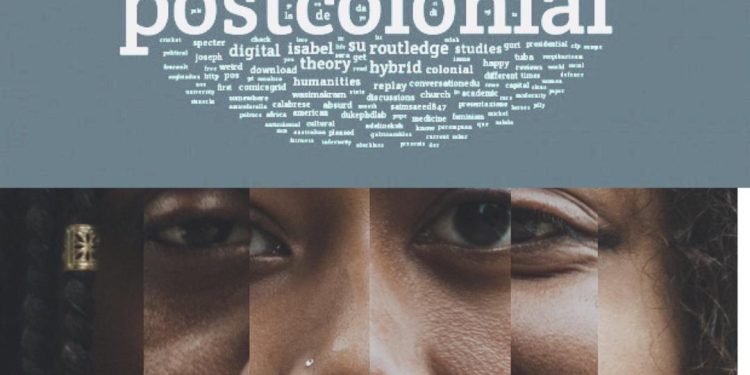Post-colonialism has played a significant role in shaping Africa’s mental revolution by harnessing the power of narrative to challenge dominant narratives imposed during colonial rule. Through the deconstruction of colonial ideologies and the reclamation of African stories, post-colonial discourse has empowered Africans to redefine their identities, reclaim agency, and envision a future rooted in self-determination.

During the era of colonization, European powers constructed narratives that reinforced their superiority while marginalizing African cultures and histories. These narratives not only perpetuated stereotypes but also undermined Africans’ sense of self-worth and potential. However, post-colonial thinkers recognized the importance of challenging these ingrained narratives as a means to liberate minds from colonial shackles.
By engaging with literature, art, storytelling, and other forms of cultural expression, post-colonial scholars have sought to dismantle Eurocentric perspectives while amplifying indigenous voices. Writers like Ngugi wa Thiong’o emphasized the need for linguistic decolonization by advocating for writing in local languages rather than former colonial languages such as English or French. This linguistic shift disrupted established hierarchies and allowed for a more authentic representation of African experiences.
Moreover, post-colonial theorists explored how historical events were narrated differently depending on who held power at any given time – revealing how history itself is often shaped by those who control its narrative. By critically examining these historical accounts through an African lens, they challenged prevailing interpretations and unearthed hidden stories that had been suppressed or overlooked under colonial rule.

Through this process of narrative reconstruction emerged a renewed sense of pride in African heritage and culture. The retelling and reinterpretation of traditional myths, legends, folktales became acts of resistance against cultural erasure perpetuated by colonization. These narratives served not only as tools for preserving ancestral knowledge but also as sources for inspiration and empowerment.
Post-colonialism has also played a pivotal role in reclaiming agency over Africa’s future, as it encourages Africans to imagine alternative narratives that defy the limitations imposed by colonial legacies. By challenging Eurocentric notions of progress or development, post-colonial discourse opens up possibilities for African societies to define their own paths based on their unique contexts and values.
However, it is essential to acknowledge that the power of narrative alone cannot dismantle systemic inequalities or address all the challenges faced by Africa today. While post-colonialism provides a framework for reimagining Africa’s mental landscape, addressing issues such as poverty, corruption, and social injustice requires comprehensive efforts encompassing political will, economic reforms, and inclusive governance.
Conclusion

post-colonialism has been instrumental in shaping Africa’s mental revolution through its emphasis on narrative deconstruction and reconstruction. By challenging dominant narratives imposed during colonial rule and amplifying indigenous voices and stories, Africans have reclaimed agency over their identities and futures. As Africa continues its journey towards self-determination, harnessing the power of narrative can serve as a catalyst for transformative change across the continent.
















